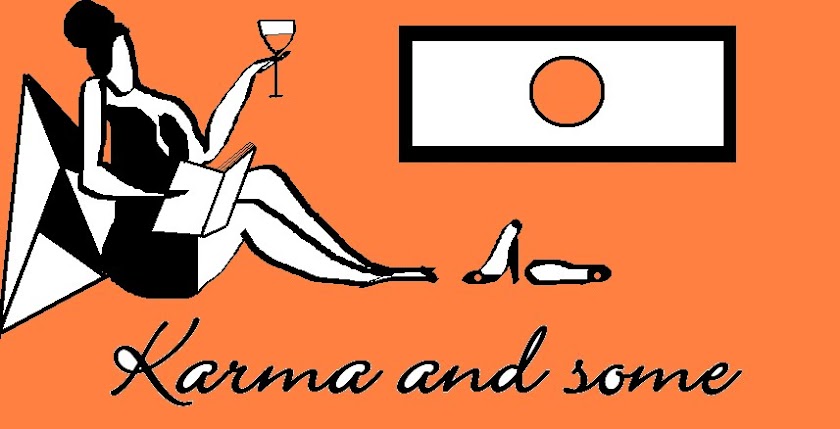As if the Crosswords of the world were'nt enough, the
Flipkarts have joined in and made the world a rather difficult place for a
bibliophile. With so many new authors every day, dozens of titles every week
and multitudes of reviews, there’s always too much to read and too little time.
In the times of shiny jackets craning their necks out of bookshelves, and their
much-publicized insides egging a reader to sample one writer after another, it
is rare to return to the works of the same author.
Not, if the author is someone like George Orwell. Most of
Orwell’s works, iconic as they are, do not bear the tedium of other classics.
It is not what Mark Twain famously said of them: A classic is something
everybody wants to have read but nobody wants to read. With Orwell, you are
sucked in, pinned down and feel compelled to lick every last word before
devouring it and wanting more. At least that’s what ‘1984’ did to me once, and ‘Animal Farm’ has done to me again.
Orwell liked to call this book ‘Animal Farm: A Fairy Story’, but the publisher’s note in my Penguin
edition mentions how many other publishers dropped the subtitle, and replaced
it with ‘A satire’ or ‘A contemporary satire’; it is hard to call this book
anything else. But Orwell’s original ironic subtitle serves the book well,
exposes as it does the painful truths about human nature, albeit through animal
characters. This book is a mirror reflecting truths that are so resounding and
revolting, that men have not been able to stop looking at it since it was first
published in 1945.
The basic plot of
Animal Farm is seemingly simple. A
group of farm animals revolt against their human master and take charge of the
farm. But the revolution takes a rather unexpected course in time. It is in
describing this awry evolution of a revolution that Orwell shows his genius. In
Animal Farm he creates a miniature human society, with all the prototypes.
There are shrewd and greedy pig-people, loyal dog-people, hardworking and
honest horse-people, lazy cat-people and sheep-people with the herd mentality.
He etches that hierarchical pyramid of power that emerges even in the freest of
societies.
There’s a Bengali proverb I learnt from my mother: Je jaye Lankaye, shaye hoye Raavan, which
means, ‘Whosoever goes to Lanka, becomes Raavan’. Orwell demonstrates this: power corrupts. Animal Farm resembles 1984 in many ways. They are, both, essentially stories about the rulers and the ruled and about the illusion that
is freedom. Both the stories are about the few who will lead and trod upon the
rest who will follow.
For every aspect about Animal Farm, there is only one
adjective that comes to my mind: tremendous. The book is tremendous in its
simplicity, tremendous in its style and tremendous in its message.
A special mention ought to be made about the cover design
too. The Penguin edition has a simple, old-world illustration design overlaid
artfully on newsprint. It portrays the theme beautifully. But other
publications have equally beautiful covers, as I discovered while Googling it.
Add the reading of this book to your bucket list, if you
haven’t already.


No comments:
Post a Comment